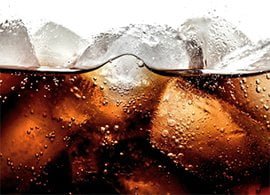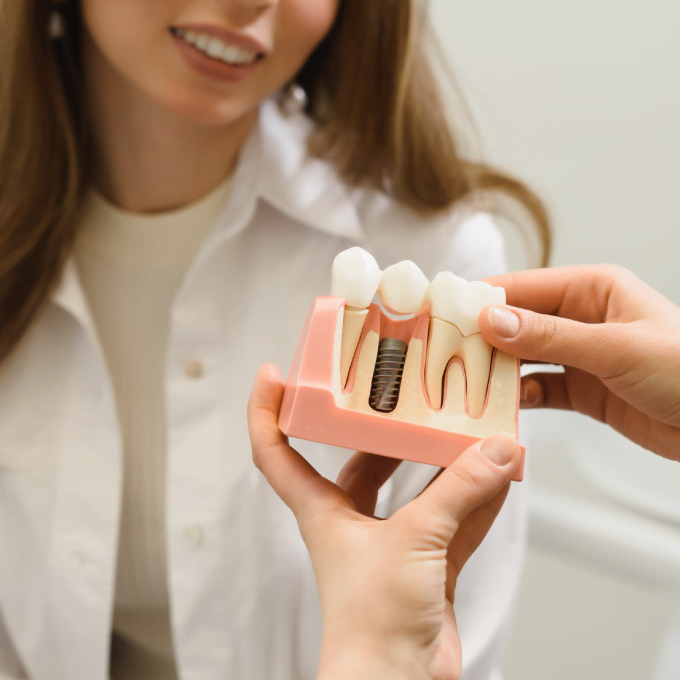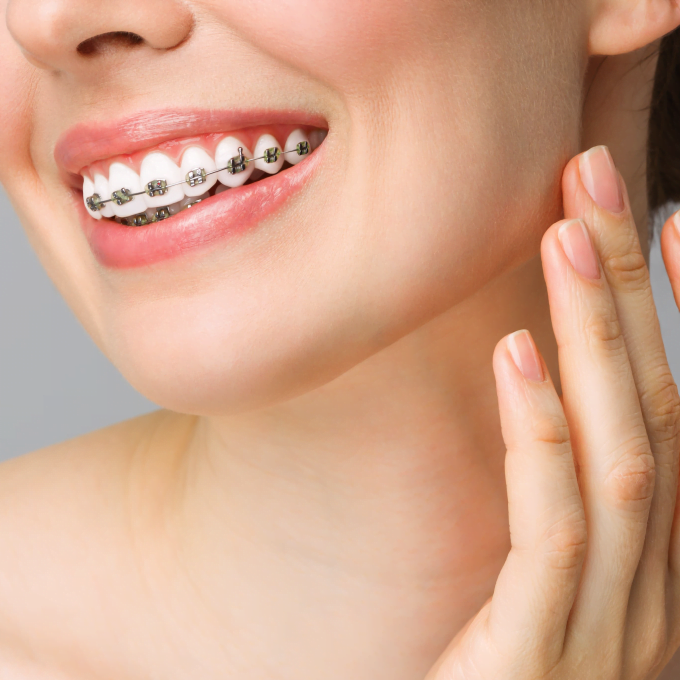Is the UK in the midst of a sugar crisis?
The impact of high-sugar diets on people’s health and lives is no joke. In fact, just this week, the British Medical Association demanded tough, regulatory action on the availability of sugar in its latest report. From higher taxes on sugary products to a clampdown on the marketing of unhealthy, sugary product to childrens – all of which they believe necessary to save lives.
One of the suggestions made by the British Medical Association was a tax of at least 20% on sugar-sweetened drinks. The professionals believed this would prevent youths and families from continuing to purchase the products. In conjunction with this, the report also suggested the need for the UK population to consume more fruit and vegetables. To make this a possibility, they suggested that such products should be subsidised – rather than continue to grow in price.
The growing consumption of sugar
Current data shows that children and teenagers are consuming 40 per cent more than current recommended allowances of sugar. Surprisingly, it’s not chocolate and ice cream that’s to blame either. It’s those hidden sources of sugar in fizzy drinks and fruit juices credited as the largest source of sugar for those between four and 18.
Recommended intakes for sugar are as follows:
- Women – 25g
- Men – 35g
Considering a typical can of pop has 40g of sugar and a supermarket ready meal has 50g, it’s easy to see how quickly sugar adds up.
The effects of sugar
While sugar is a huge contribution to the problem of obesity, one part of the body it certainly doesn’t agree with is the teeth. With the increase in sugary, fast-food diets, we’ve seen a huge rise in tooth decay amongst children and teenagers. In fact, statistics show that almost 50,000 children a year are being admitted to hospital to have teeth removed under general anaesthetic.
The impact sugar has on the teeth is as follows:
- Sugars from foods and drinks produce acids that dissolve and damage the teeth, causing tooth decay
- Tooth erosion can occur from the acid in fizzy drinks, sports drinks, fruit juices and cordials, which eventually dissolve the outer surface of tooth enamel.
- Each acid attack lasts for around 20 minutes and every time you take a sip of the drink the acid damage begins again. This means that many individuals’ teeth may be constantly subject to attack throughout the whole day.
Preventing tooth decay
Ultimately, limiting the amount of sugary foods and drinks you consume is key to preventing tooth decay. Any sugary or acidic products should be avoided, and alkaline or neutral drinks – such as milk or water – should be sipped between meals. It’s also important to have a clear understanding of sugar and the names it can be commonly listed as. Fructose, glucose, lactose and sucrose are all sugars and come with the same harmful effects.
Of course, a good dental hygiene routine and six monthly check ups are also important for maintaining the health of your teeth and gums. To find out more about AP Smilecare services or to register as a new patient get in touch.








 Dentures
Dentures
 Dental Implants
Dental Implants
 Braces
Braces
 Teeth Whitening
Teeth Whitening
 Smile Makeover
Smile Makeover